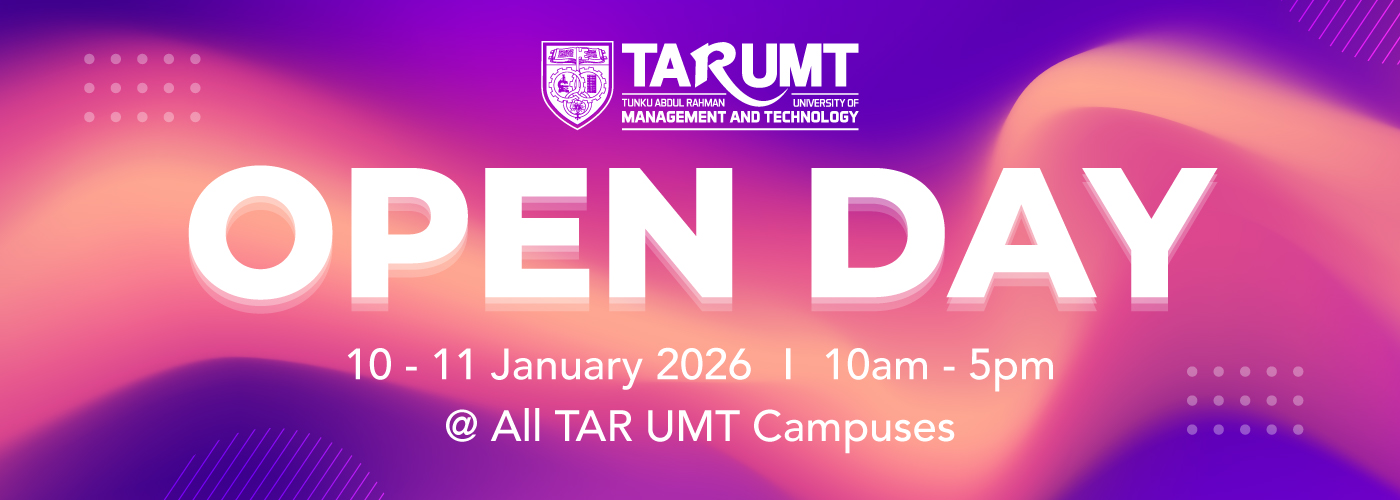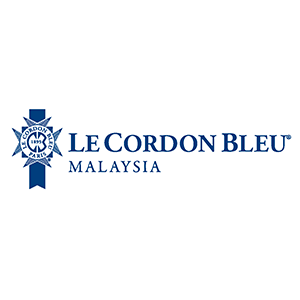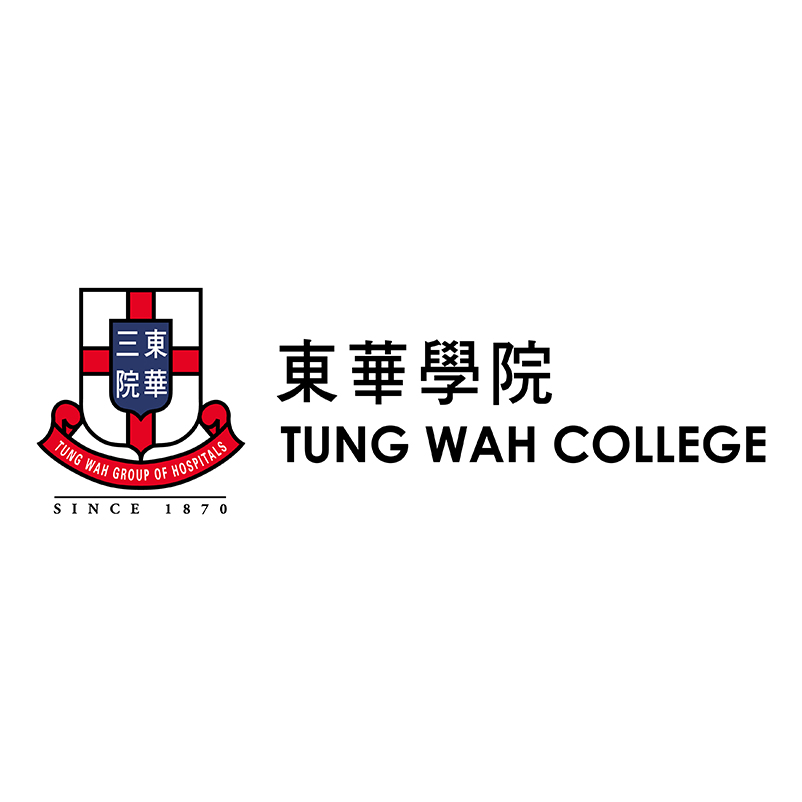MANAGING HUMAN RESOURCES
Are you good with people and interested in a career that revolves around people? You may want to consider a career in human resources.

The term ‘human resources’ refers to the employees of a company as well as the department that is responsible for a variety of employee-related matters. Also known as personnel or talent management, the complexity of the functions of the human resources (HR) department depends on the size of the organisation and its business activities. Smaller companies may have one or a few staff members looking into HR while bigger organisations have entire departments dedicated to HR. Some organisations also outsource some or all of their HR functions.
Academic Pathway
Many institutions of higher learning in Malaysia offer a Bachelor’s Degree in Human Resource Management. In the three-year course, students will develop skills in human resource areas such as recruitment, training and development, career and succession planning, employee relations and sustainability. Some of the subjects in a Human Resource Management course include Business Communication, Organisational Behaviour, Organisational Theory and Design, Corporate Social Responsibility and Ethics. Those who have undergraduate qualifications in psychology may also consider the human resources field. This is because psychology graduates would have studied human and organisational behaviour, both of which can be applied in any HR role.
Job Opportunities
Graduates can apply for a variety of positions at internal human resources departments in big and small companies, recruitment agencies, talent management agencies, specialist HR firms and online employment marketplaces. Job positions in human resources include human resources manager, training & development specialist, benefits specialist, employment services manager, compensation & job analysis specialist, training and development manager, recruiter, benefits counsellor and personnel analyst. Besides that, experienced individuals can venture into consulting, writing, team-building training and lecturing.
Job Duties
An important function of the HR department is to ensure that the organisation has the right talent to meet its business objectives. The HR department oversees the hiring process by scouting for suitable individuals for a particular job, carry out background checks and coordinate medical check-ups. The human resources department also organises orientation programmes for new employees and prepares paperwork and severance packages when an employee leaves the company. In addition, the HR department develops and oversees employee benefits and wellness programmes, acts as the primary contact when injuries and accidents occur at work and addresses employee concerns. Furthermore, they also settle work conflicts, provide counselling to employees and promote career development and training.
Skills Needed
Individuals who are interested in HR need to have excellent interpersonal skills to form good relationships with employees at all levels of a company. Next, they need to have knowledge of business and management, strong organisational skills and the ability to understand and interpret detailed information such as employment law. IT and statistical skills are also needed if a company uses a computerised programme for managing employee payroll and benefits. Those working in human resources also need to be approachable and trustworthy so employees will feel comfortable discussing sensitive and confidential matters with them. Other useful skills are the ability to negotiate and implement policies, leadership and the ability to work in a team. Cultural awareness and international mindedness are also useful for HR departments of multinational companies with employees of different nationalities.
Human resources is an indispensable function in any company or organisation. Employees constantly need to be hired, motivated, developed, trained and retained.
Advices





News from Institutions


















